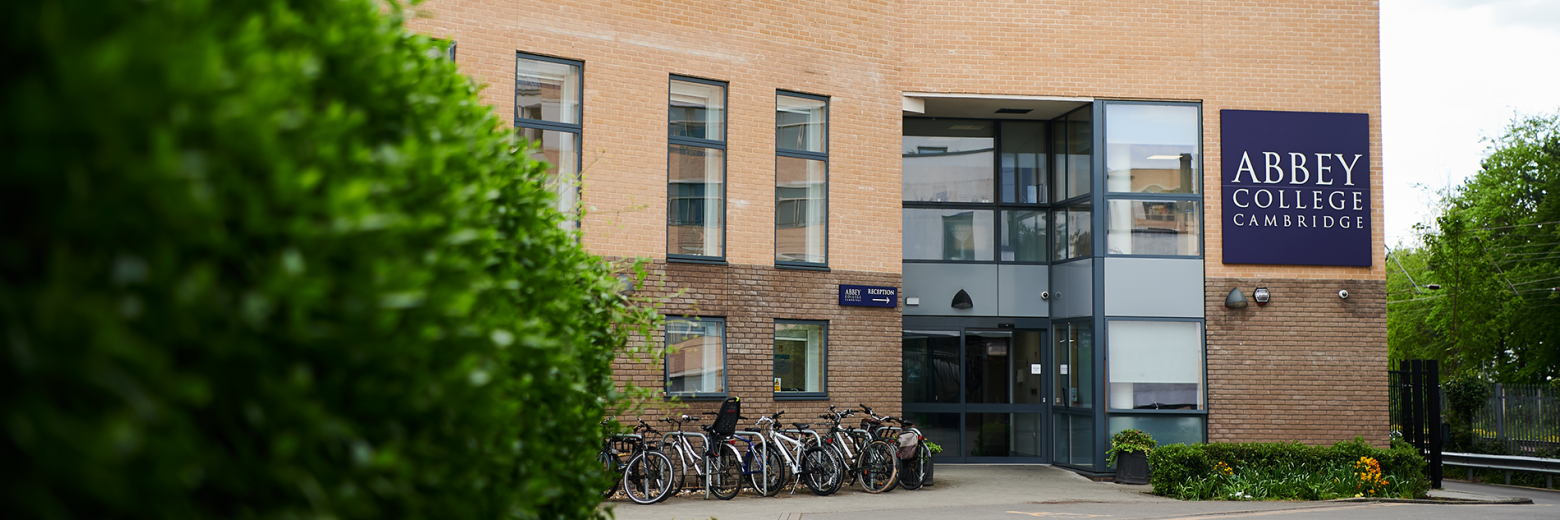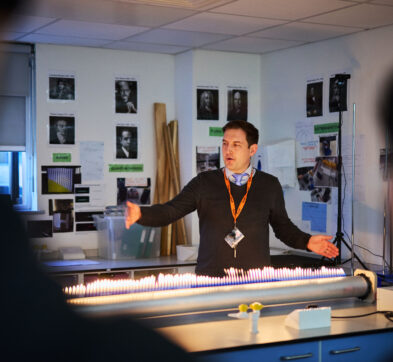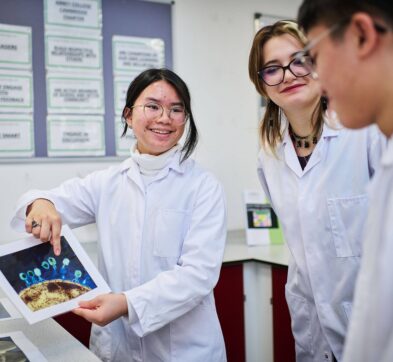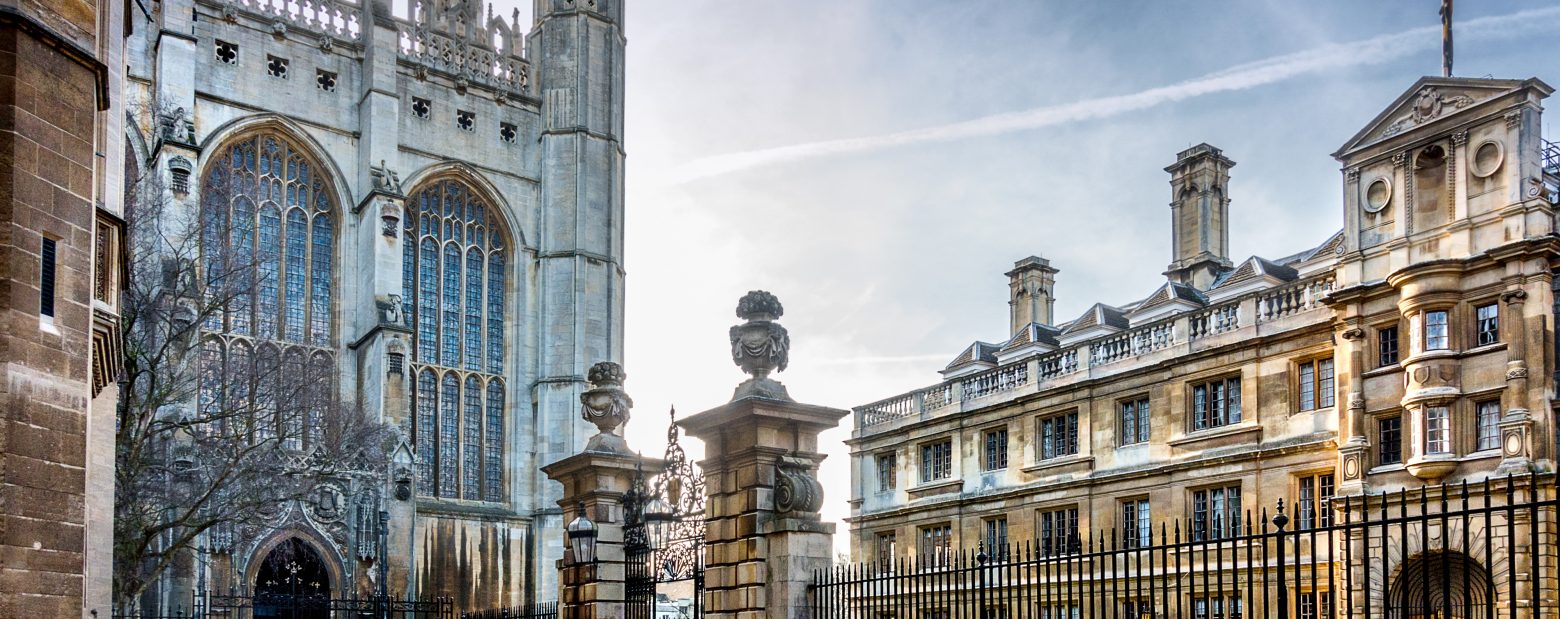Aerospace Engineering: Best Subjects, Top Universities & Careers
28th April 25

Aerospace Engineering: Best Subject Combinations, Top Universities and Careers
Aerospace engineering is one of the most exciting and fast-evolving fields in the world today. From designing cutting-edge aircraft to pioneering space exploration technologies, aerospace engineers are at the forefront of innovation. If you aspire to study aerospace engineering at a top university, it’s essential to select the right subject combinations, choose a university with a world-class programme, and understand the wide range of career opportunities available.
In this comprehensive guide, we explore the best subject choices, top aerospace engineering universities, and how Abbey College Cambridge supports ambitious students to achieve their dreams.
.
What is Aerospace Engineering?
Aerospace engineering is the branch of engineering focused on the design, development, and testing of aircraft, spacecraft, satellites, and missiles. It can be broadly divided into two overlapping fields:
-
Aeronautical engineering (dealing with aircraft within Earth’s atmosphere)
-
Astronautical engineering (focused on space vehicles and exploration)
Modern aerospace engineers drive technological advancements in aviation, space exploration, military defence, and even environmental monitoring through satellite technologies.
.
Best Subject Combinations for Aerospace Engineering
Choosing the right subjects is crucial for success in aerospace engineering. Universities look for students with a strong foundation in mathematics and science, particularly physics.
Core Subjects:
-
Mathematics – essential for aerodynamics, structural analysis, and propulsion.
-
Physics – understanding forces, motion, energy systems, and material science.
-
Chemistry – useful for materials science and combustion processes.
Recommended Additional Subjects:
-
Further Mathematics – highly regarded for courses at top universities.
-
Computer Science – important for simulations, programming, and systems modelling.
-
Design & Technology – beneficial for practical design skills.
In the UK, students are advised to take A-Levels in Mathematics, Physics, and at least one supporting subject such as Further Mathematics or Computer Science. At Abbey College Cambridge, students are expertly guided to select the ideal subject combination through their Tailored A-Level Pathways, specifically designed to maximise university admission chances for competitive fields like aerospace engineering.
.
How Abbey College Cambridge Prepares Students for Aerospace Engineering
For students aiming to study aerospace engineering at top UK universities, Abbey College Cambridge offers a truly supportive and specialised academic environment.
The college provides targeted A-Level pathways, ensuring students undertake the crucial subjects: Mathematics, Physics, and Further Mathematics. Beyond academic teaching, Abbey College Cambridge goes further with its Elite University Preparation Programmes:
-
Abbey Inspires: A comprehensive enrichment programme offering lectures, competitions, and academic projects designed to deepen scientific knowledge and critical thinking.
-
Oxbridge Candidate Programme: Specially tailored for students aiming for elite universities like the University of Cambridge or Imperial College London, focusing on interview preparation, super-curricular activities, and personal statement development.
-
STEP Mathematics Preparation: For students targeting top institutions that require additional mathematics examinations as part of their entry requirements.
Thanks to this holistic support, many students from Abbey College Cambridge successfully progress to world-renowned universities to pursue aerospace engineering and related fields.
.
Top Universities for Aerospace Engineering
Choosing the right university can significantly influence your career prospects. Here are some of the best aerospace engineering universities in the UK and worldwide:
Top UK Universities:
-
University of Cambridge – A world leader in aerospace research and development.
-
Imperial College London – Offers an outstanding Aerospace Engineering MEng programme.
-
University of Bristol – Strong industry links with companies like Airbus and Rolls-Royce.
-
University of Southampton – Known for its research in aerodynamics and avionics.
-
University of Manchester – Offers innovative research opportunities in materials and aerospace systems.
Many students from Abbey College Cambridge have progressed to these prestigious universities, thanks to the college’s strong emphasis on academic excellence and comprehensive university application support.
Top Global Universities:
-
Stanford University, USA
-
TU Delft, Netherlands
-
University of Toronto, Canada
-
ETH Zurich, Switzerland
Key Factors to Consider:
-
University accreditation (e.g. RAeS recognition)
-
Access to cutting-edge research facilities
-
Strong industry placement and internship opportunities
.
Career Opportunities in Aerospace Engineering
Graduates in aerospace engineering have a vast range of career opportunities across industries:
-
Aerospace Design Engineer: Working on aircraft and spacecraft design.
-
Propulsion Engineer: Specialising in jet engines, rockets, and propulsion systems.
-
Satellite Engineer: Designing and managing satellite technologies.
-
Aviation Safety Analyst: Ensuring the highest safety standards in air travel.
-
Space Mission Specialist: Working on deep-space missions and human spaceflight programmes.
Emerging sectors such as drone technology, electric aviation, and space tourism also offer exciting new career paths. Abbey College Cambridge aims to prepare students not just for university but for the rest of their future, and as part of this students are primed to embark on these future-focused careers.
.
Skills Required for a Successful Aerospace Career
Success in aerospace engineering demands more than academic prowess:
-
Technical proficiency in mathematics, physics, and engineering principles.
-
Innovation and creativity to develop groundbreaking technologies.
-
Project management skills for handling complex, multidisciplinary projects.
-
Teamwork and communication skills essential for collaborating in global teams.
.
Salary Expectations and Future Growth
Aerospace engineers are among the highest-paid professionals in the engineering sector.
-
In the UK, graduate aerospace engineers can expect starting salaries between £28,000 and £35,000, with experienced professionals earning upwards of £50,000–£70,000.
-
Globally, salaries are even higher in countries like the USA, Germany, and Switzerland.
The future of aerospace engineering is bright, with growing demands for sustainable aviation solutions, private spaceflight, and satellite communications. Schools like Abbey College Cambridge play a vital role in preparing the next generation to meet these industry challenges head-on.
.
Conclusion
Aerospace engineering is a dynamic and rewarding field offering endless opportunities to innovate and shape the future of air and space travel. Success in this discipline starts with the right subject choices, the right educational support, and a commitment to academic excellence.
Abbey College Cambridge provides outstanding preparation for students wishing to study aerospace engineering at top UK universities. Through its specialist pathways, elite programmes, and personalised support, students are equipped with the skills, knowledge, and confidence to thrive in this competitive field.
Start your aerospace journey today—and aim for the stars.
What A-levels do you need for aerospace engineering?
To study aerospace engineering at top universities, you typically need A-levels in Mathematics and Physics. Many leading institutions also strongly recommend or require Further Mathematics. Some universities may consider Chemistry or Computer Science as useful supporting subjects.
At Abbey College Cambridge, students are expertly guided to select the best A-Level combinations to maximise their chances of admission into top aerospace engineering programmes.
Is aerospace engineering hard?
Yes, aerospace engineering is considered a challenging but highly rewarding field. It demands strong skills in mathematics, physics, and problem-solving, as well as creativity and attention to detail. However, with the right academic preparation and support — like that provided by Abbey College Cambridge’s specialist programmes — students can thrive and succeed in this exciting discipline.
How long is an aerospace engineering degree?
In the UK, an undergraduate aerospace engineering degree usually takes three years to complete for a Bachelor of Engineering (BEng) qualification.
If you choose to study a Master of Engineering (MEng) as an integrated course, it typically takes four years. Some courses also offer an optional year in industry or study abroad, which can extend the programme by an additional year.
What is the starting salary for an aerospace engineer?
In the UK, the starting salary for aerospace engineering graduates typically ranges between £28,000 and £35,000 per year. Salaries tend to rise quickly with experience, and senior aerospace engineers can earn £50,000 to £70,000 or more. The demand for skilled aerospace engineers is strong, offering excellent long-term career prospects globally.
Aspire to study aerospace engineering at a top UK university?
With Abbey College Cambridge’s elite preparation programmes and expert support, your ambition can become reality.
Contact us to Learn More About Our September Start Courses or Book a Private Tour Around Our Campus today!















